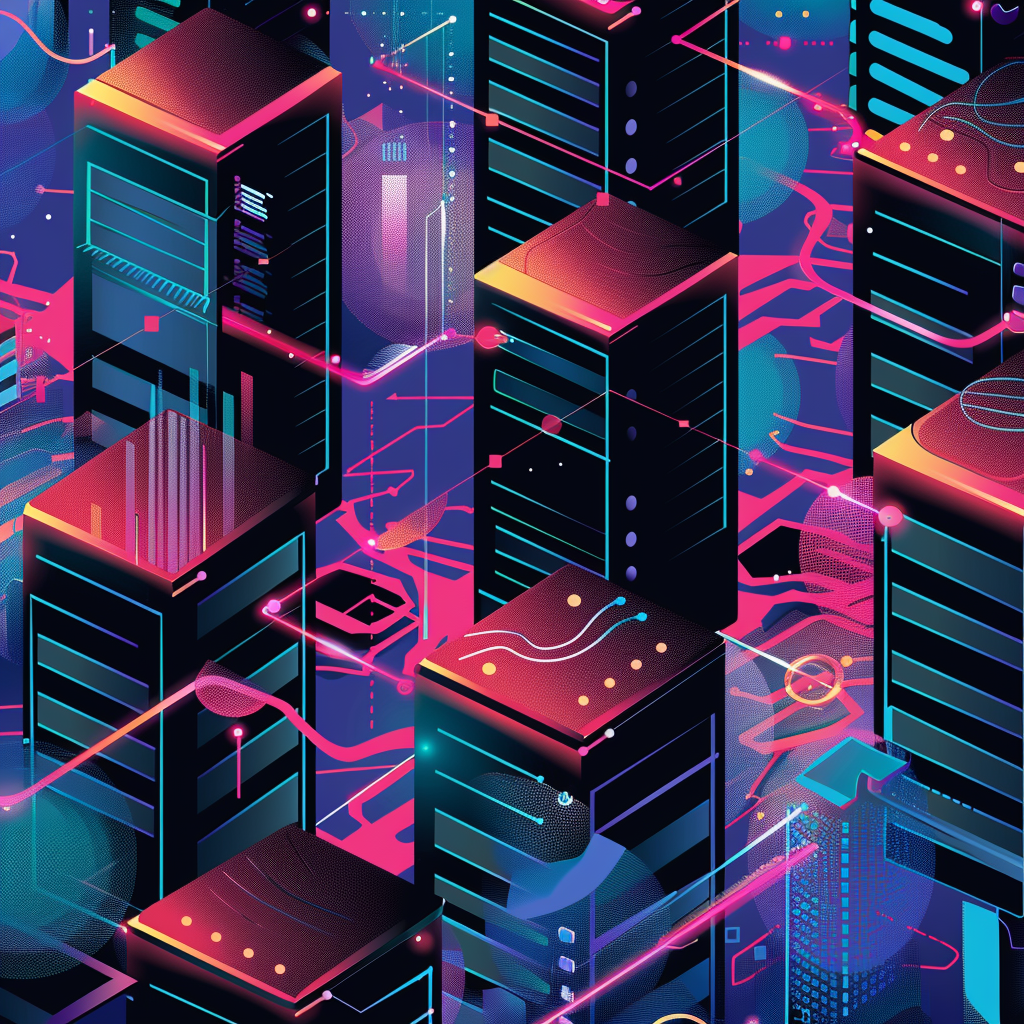
In the past, the realm of programming was reserved for the initiated few – those fluent in the complex languages of code. However, with the advent of Artificial Intelligence (AI) chatbots, the landscape is rapidly shifting. No longer is proficiency in coding a prerequisite to interact with databases or develop components. The democratization of programming is upon us, ushering in a new era where virtually anyone can harness the power of technology to create, innovate, and solve problems. But does this mean that anyone can now be a programmer?
I Can Chat with My Database Like a Programmer
AI chatbots serve as the bridge between individuals and the intricate world of databases and developmental components. They act as intuitive interfaces, allowing users to interact with these systems using natural language, without the need for specialized coding knowledge. Through a simple conversation, users can query databases, retrieve information, perform data manipulations, and even initiate complex developmental tasks – all with minimal effort.
Imagine a small business owner wanting to analyze sales data from their online store. Traditionally, they would have to hire a programmer or learn coding themselves to write queries and extract the desired insights from their database. However, with AI chatbots like ChatGPT, the process becomes as simple as asking a question. “What were our top-selling products last month?” they might inquire, and just like that, the chatbot retrieves the relevant information from the database and presents it in a clear and understandable format.
But the capabilities of AI chatbots extend far beyond database interactions. They can also facilitate the development of software components, allowing users to create applications, automate tasks, or build integrations between different systems – all through conversation. For instance, a marketing professional might want to set up an automated email campaign based on specific triggers. Instead of grappling with complex code, they can articulate their requirements to the chatbot, which then generates the necessary scripts and configurations to execute the task seamlessly.
The implications of this democratization are profound. It means that the barriers to entry into the world of technology have been significantly lowered. No longer is programming reserved for the elite few with specialized training. Now, individuals from diverse backgrounds – be they business owners, educators, healthcare professionals, or artists – can leverage technology to enhance their work and streamline their processes.
However, while AI chatbots empower users to interact with technology in unprecedented ways, they do not eliminate the need for programming expertise altogether. Understanding the fundamentals of logic, algorithms, and problem-solving remains invaluable, even in an era of user-friendly interfaces. Moreover, there are still complex tasks and projects that require the expertise of seasoned developers.
Nevertheless, the democratization of programming represents a paradigm shift in how we approach technology. It fosters a culture of innovation and experimentation, where ideas can be rapidly prototyped and tested without being hampered by technical limitations. It encourages collaboration between domain experts and technologists, unlocking new possibilities and driving collective progress.
In conclusion, AI chatbots are indeed empowering the non-developer to interact with databases and developmental components in ways previously unimaginable. While they may not make everyone a programmer overnight, they certainly democratize access to technology and pave the way for a more inclusive and innovative future. So, can anyone be a programmer now? Perhaps not entirely, but with the right tools and mindset, the potential is certainly within reach.